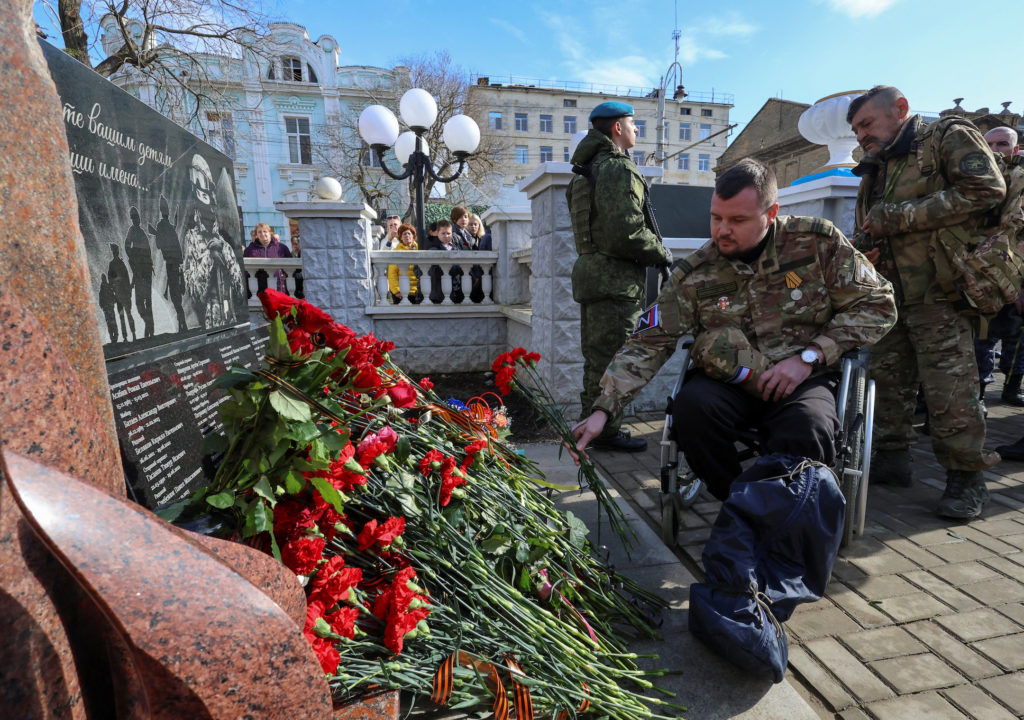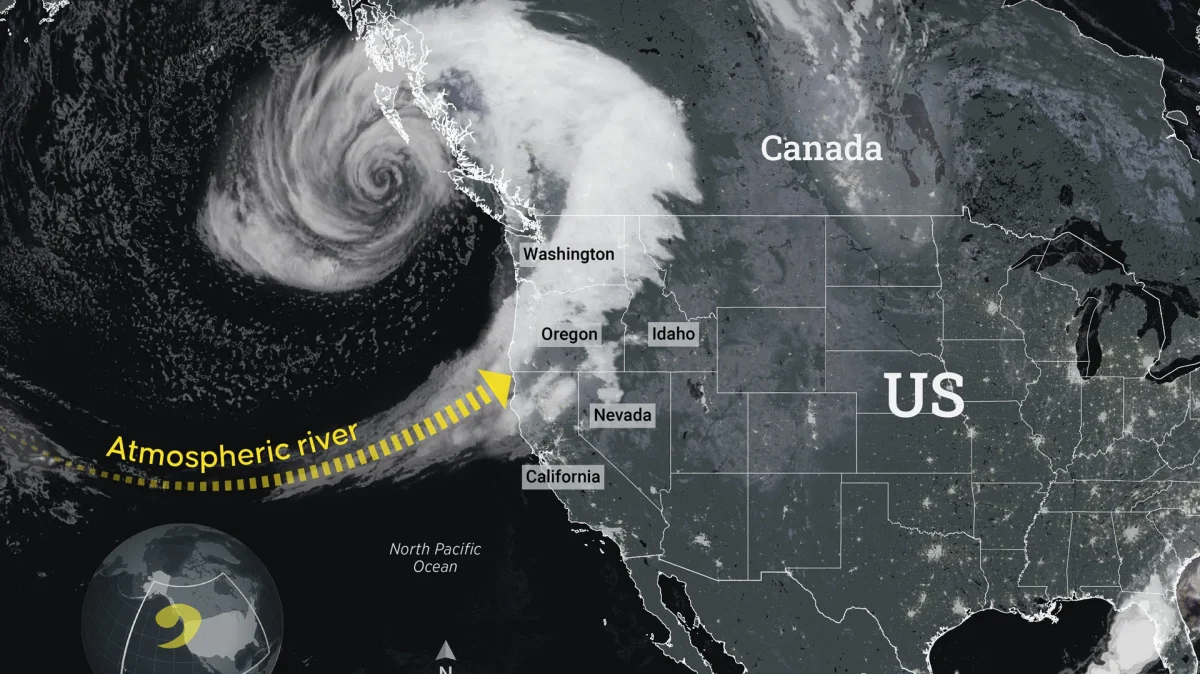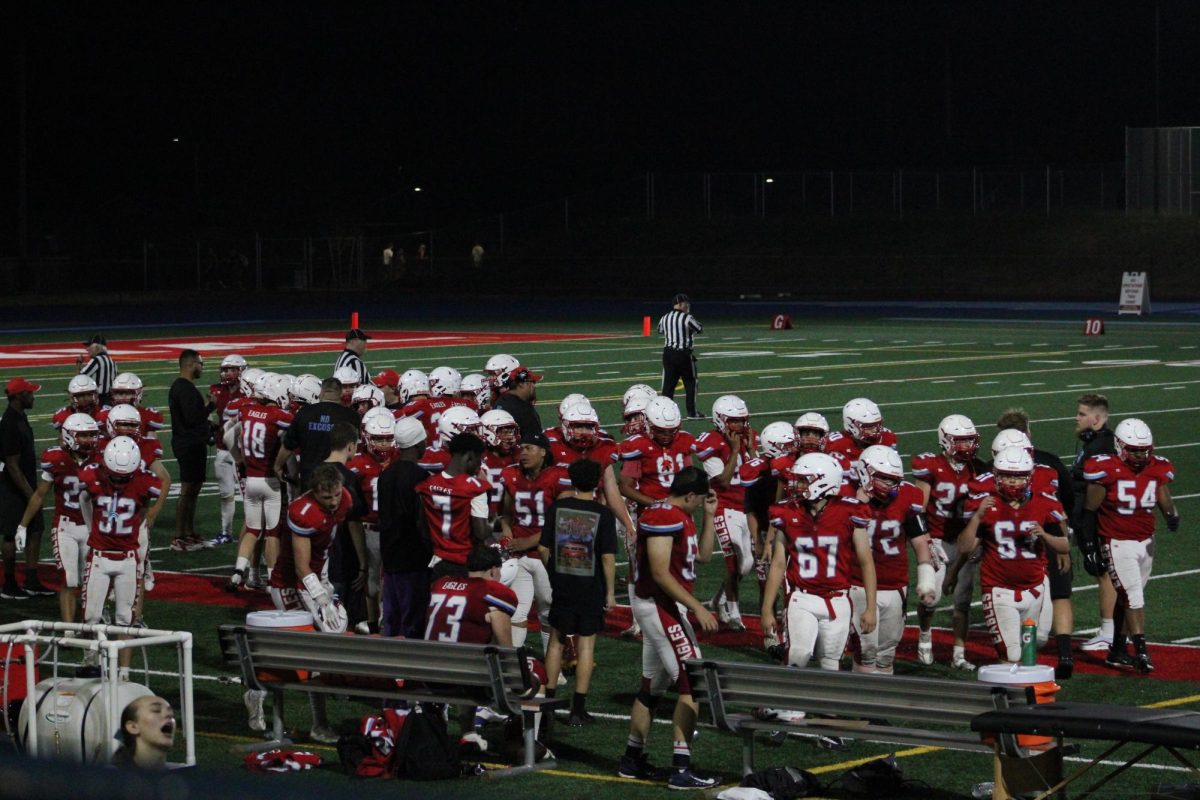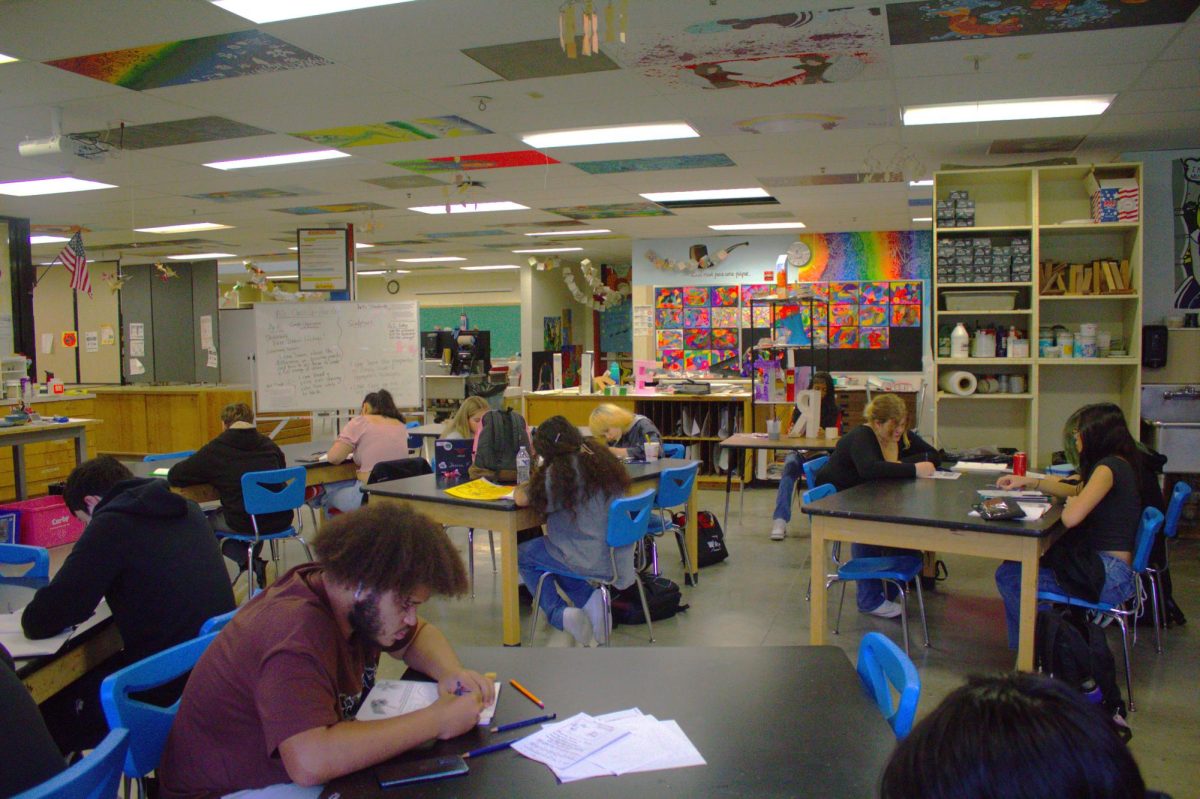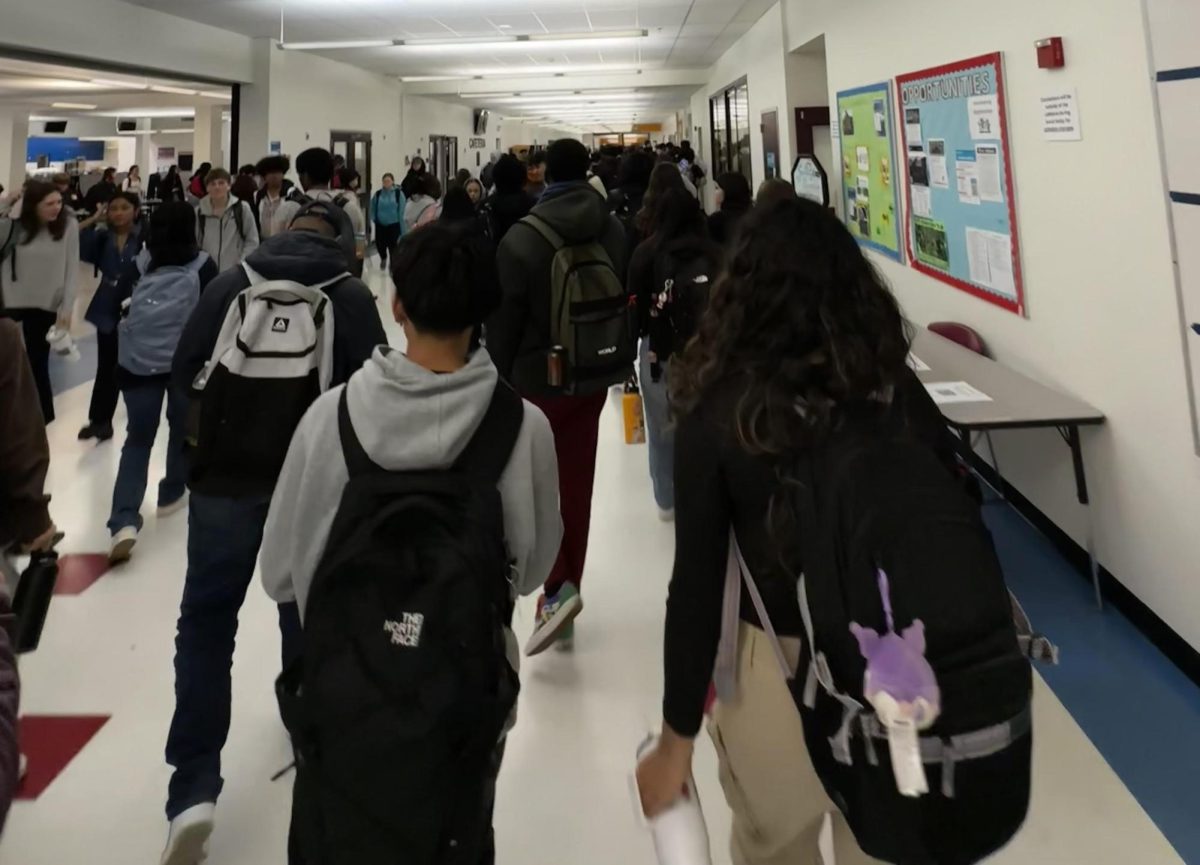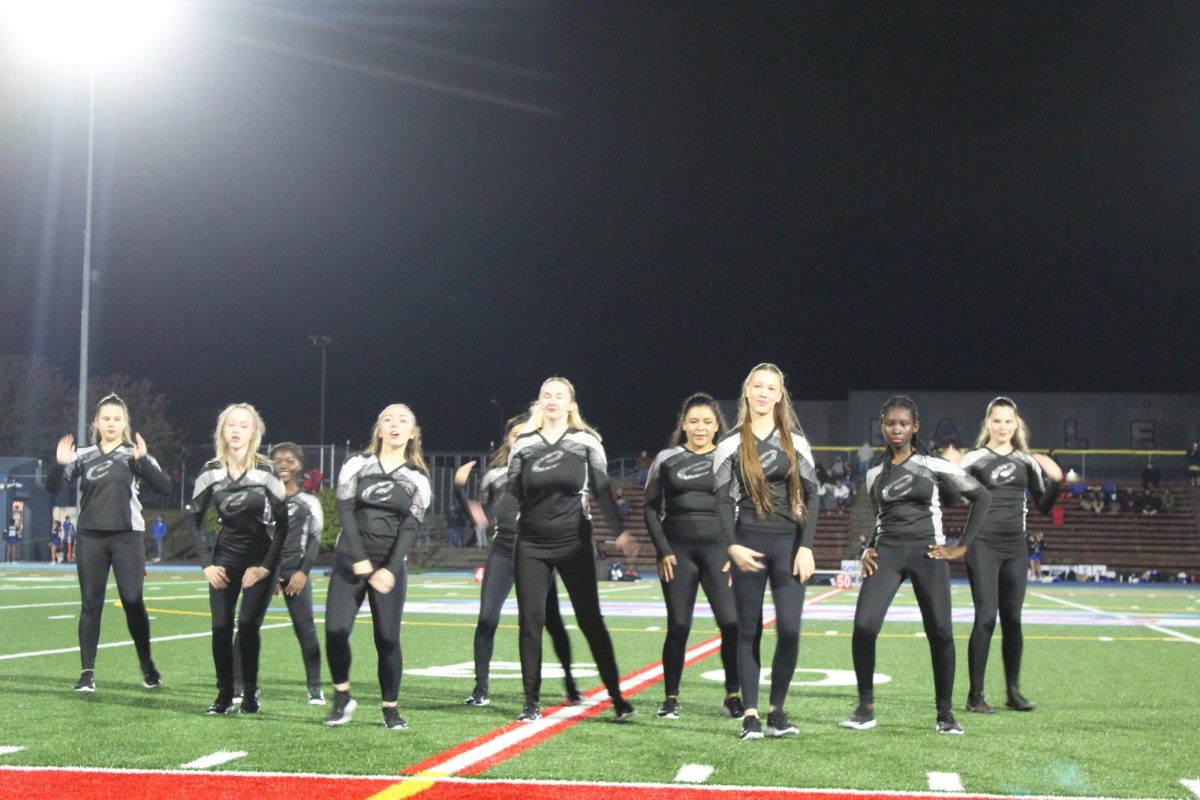The ongoing war in Ukraine, which began with Russia’s invasion in February 2022, has continued to evolve throughout 2024, deeply influencing global geopolitics, economies, and humanitarian conditions. The conflict reached a critical juncture, with Ukrainian forces making significant territorial gains in the east and south, bolstered by extensive Western military support. This support, encompassing advanced weaponry, training, and intelligence sharing, has not only enabled Ukraine to resist and reclaim territory but has also underscored the solidarity of Western nations against perceived aggression.
The ramifications of the war extend far beyond the battlefield; it has exacerbated energy crises across Europe, as many countries grapple with the loss of Russian oil and gas supplies, prompting an urgent pivot to renewable energy sources and alternative suppliers. This energy insecurity has driven up prices, leading to inflationary pressures that affect economies globally, with developing nations facing particularly dire challenges in accessing affordable energy. Additionally, the war has disrupted grain exports from Ukraine, a major global supplier, leading to skyrocketing food prices and contributing to food insecurity in regions already vulnerable to hunger, such as parts of Africa and the Middle East.
The conflict has further intensified debates around national security and military alliances, pushing NATO to reinforce its eastern flank and prompting discussions about the future of defense strategies across Europe and beyond. Countries previously hesitant to engage militarily have reevaluated their positions, leading to increased defense spending and a reimagining of alliances. As you can see in the red places on map below it shows what places the Russians have controlled.
In 2024, this shift manifested in new military agreements and increased participation in joint exercises, signaling a collective resolve to counter any further aggression. Moreover, the war has sparked a humanitarian crisis of unprecedented scale, with millions of Ukrainians displaced internally and as refugees in neighboring countries. The international community has responded with various aid efforts, yet the sheer scale of need has strained resources and highlighted the necessity for sustained support. As the structure approaches, concerns mount about the humanitarian impact of ongoing hostilities and the potential for increased suffering among civilians, particularly with the continuous threat from bombardment. The psychological toll of the war on both Ukrainian citizens and Russian soldiers is profound, leading to increased mental health issues and societal instability in both nations. This conflict has impacted a lot of people in our school, mainly the people who were born there or have family members in Ukraine. In my perspective these people can’t be friends because of what’s going on between both countries.
Furthermore, the conflict has drawn in countries like China, which has sought to navigate a complex diplomatic landscape, balancing its relationship with Russia while maintaining its economic ties with the West. The global response to the war has underscored the shifting dynamics of international relations, as nations reassess their foreign policies in light of the conflict’s implications.
As discussions around sanctions, arms supply, and diplomatic negotiations continue, the war remains a focal point for discussions about democracy, sovereignty, and the rule of law in the 21st century. The events in Ukraine have catalyzed a broader conversation about the future of global order, raising questions about the effectiveness of international institutions in addressing aggression and protecting nations’ rights.
In essence, the war in Ukraine has become a defining moment, reshaping not only regional stability but also the very fabric of global relations, with consequences that will likely resonate for years to come. This year, over 11,973 killed and 25,943 injured. Even the families who survived were forced to flee their homes and their journey through refugee camps in neighboring countries. Only through unwavering solidarity, decisive action, and a collective commitment to uphold justice and peace can we hope to save Ukraine and restore its promise for future generations.

